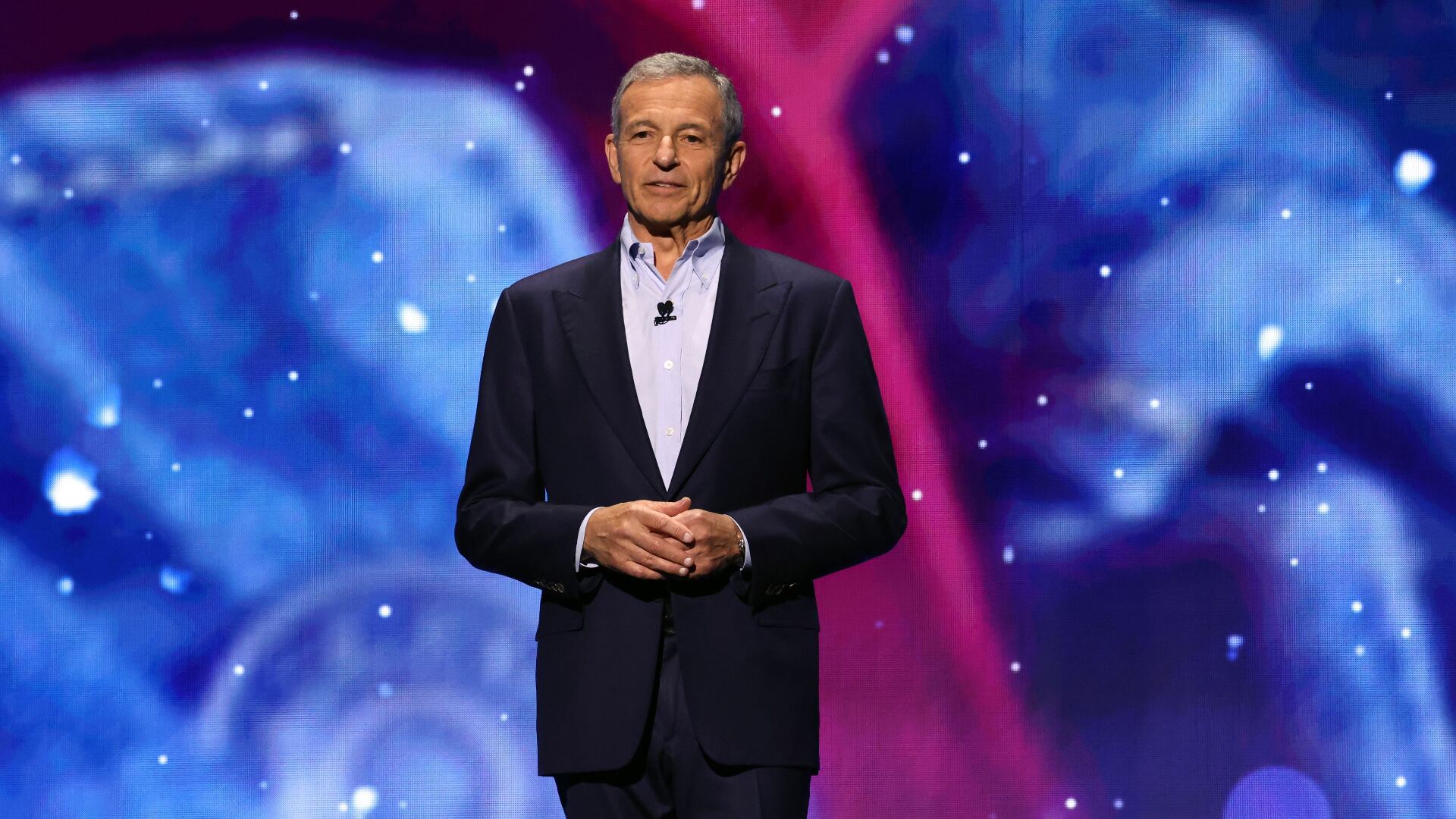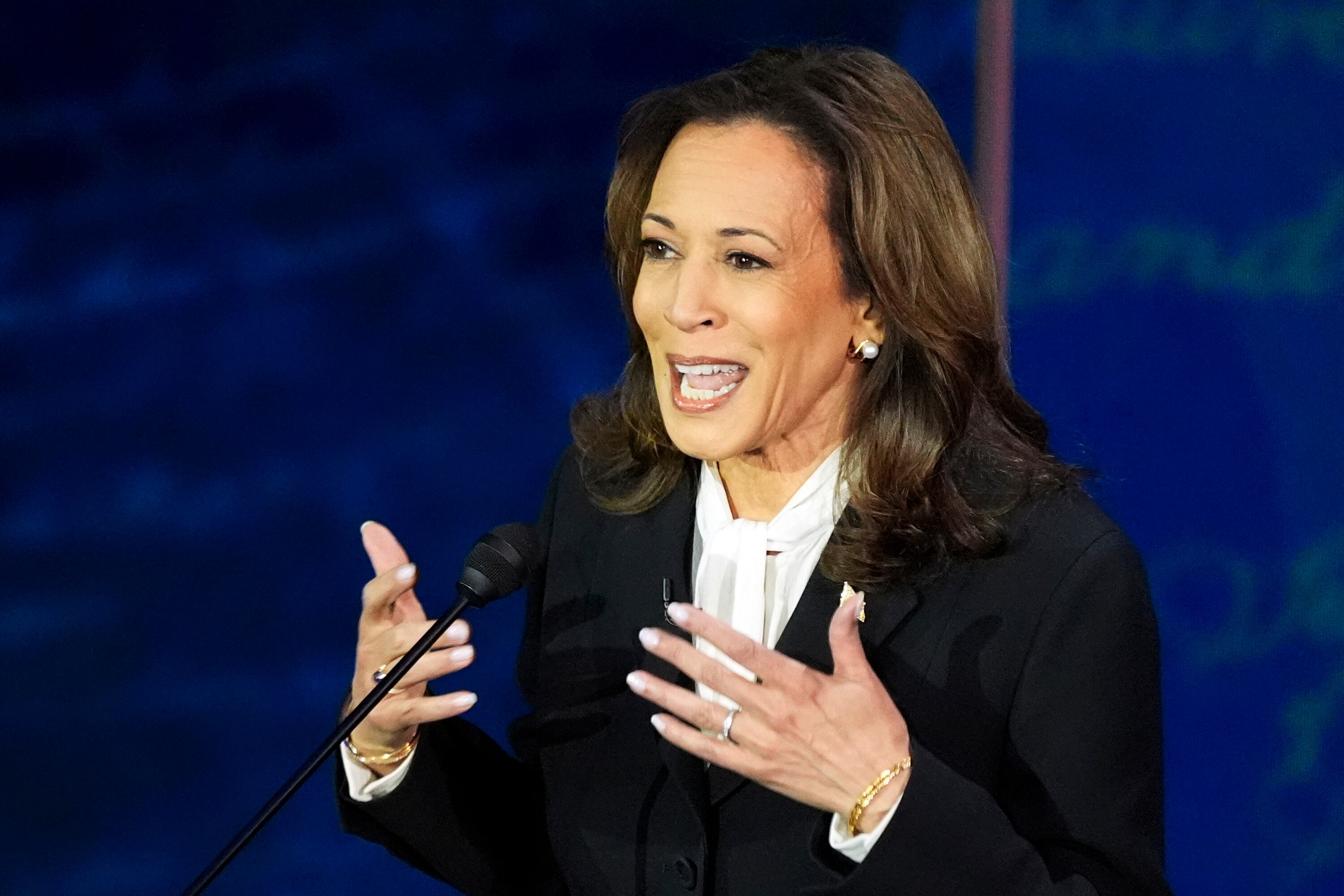A mysterious vaping-related illness has killed 12 and sickened more than 800, according to new data released by the Centers for Disease Control and Prevention. The latest tally represents about a 50 percent surge in illnesses and deaths since the CDC last took stock of the damage. As illnesses mount, regulators have stopped short of issuing a ban on vaping, recommending instead vape users abstain from vaping until the cause of the illness is identified.
"The CDC has made important recommendations to public already: people should consider refraining from vaping, they should not acquire products off the street, and adults who use should not return to smoking cigarettes," Dr. Anne Schuchat, principal deputy director of the CDC, said during a hearing with the House Subcommittee on Oversight and Investigations of the Committee on Energy and Commerce.
The new tally follows hearings on Capitol Hill in which lawmakers and health officials scrambled to make sense of the carnage, and comes amid calls by the Trump Administration to ban all flavored e-cigarettes. The Food and Drug Administration is preparing guidance that will mandate pulling vape products from shelves nationwide within 30 days, CNBC reported, and has enlisted the Drug Enforcement Agency on a criminal probe of illicit e-cigarette sales.
Lawmakers on Wednesday pressured officials from the CDC and FDA ー one agency tasked with supporting public health by monitoring disease outbreak, the other with crafting regulation to promote public health ー to take action to curb the rise of vaping and its effects, and criticized them for not doing more sooner. In 2017, then FDA Commissioner Scott Gottlieb postponed FDA regulation on e-cigarettes to 2022 to give the industry more time to respond. The timeline has since been expedited, Bloomberg reported.
"I believe in retrospect, we should have acted more urgently," acting FDA Commissioner Ned Sharpless said during Wednesday's hearing.
Both Schuchat and Sharpless, however, pushed back on Congress' call to pull vapes off shelves, arguing that although the agencies don't know whether or not these devices are safe, they don't want adults addicted to nicotine to return to combustible tobacco products, like cigarettes.
"We also are quite concerned about people going back to smoking cigarettes and we don't want them to do that," Schuchat said.
Amid two days of hard questioning, one theme consistently emerged: the agencies don't know enough about what's causing the illnesses to take definitive action. As Schuchat explained, "No single products, brand substance, or additive has been identified with all cases at this point."
Most of those who've fallen ill have reported using THC vapes. Many have reported using both THC and nicotine vapes ー and some have reported using exclusively nicotine products. Adding to the confusion is the illegal status of cannabis ー some officials worry patients are not being candid about their history of use for fear of repercussions. Those in the cannabis and tobacco industries have been quick to point the finger at products purchased on the illicit market.
"This is not a cannabis issue. This is an illicit market issue that calls for more regulation, not less. We are aware of the pervasive dangers of Black Market operators infiltrating legal markets with counterfeit, illegal and unregulated products. We strongly advise consumers to never use Black Market or illegal products, and to choose only tested and compliant products from licensed dispensaries," reads a statement from cannabis oil and vape company Ionic Brands.
But in at least one case, an Oregon man died after using a THC vape purchased from a legal dispensary. Officials would not disclose the brand of the vape or the dispensary at which it was purchased.
One thickening additive has emerged as a likely suspect for the illnesses. Vitamin E Acetate has appeared in products linked to many ー but not all ー of the cases, causing some officials to link the substance to the onset of illness. On Wednesday, Sharpless cautioned against assuming Vitamin E Acetate is to blame.
"I should be clear though that it's only present in about half of the THC products. We have a lot of cases that are not associated with Vitamin E Acetate. We don't know if it causes anything or is just a market for adulteration," he said on Wednesday.
Amid the building pressure, tobacco giants Philip Morris ($PM) and Altria ($MO) called off talks to reunite the companies. Also, Kevin Burns, CEO of popular vape company Juul, stepped down suddenly on Wednesday. If the Trump administration follows through on calls to ban flavored vape products, Juul will lose the ability to sell most of its products. Several states have already moved forward with their own bans. Juul has been at the center of outrage over teen vaping, which has soared to levels the FDA deemed "epidemic." The CDC recently estimated that about 27.5 percent of high school students have used vape products within the last 30 days ー up from 11.7 percent in 2017. The CDC reports about 67 percent of illnesses are among those 18 to 34 years old.
Juul's marketing practices have repeatedly come under investigation as officials attempt to determine whether the company intentionally marketed its flavored products to youths using young models and social media influencers.
Teen vaping and the vaping illness are two issues Congress and regulators are attempting to manage concurrently, but as Schuchat said during Wednesday's hearing "where they overlap, we don't know yet."













